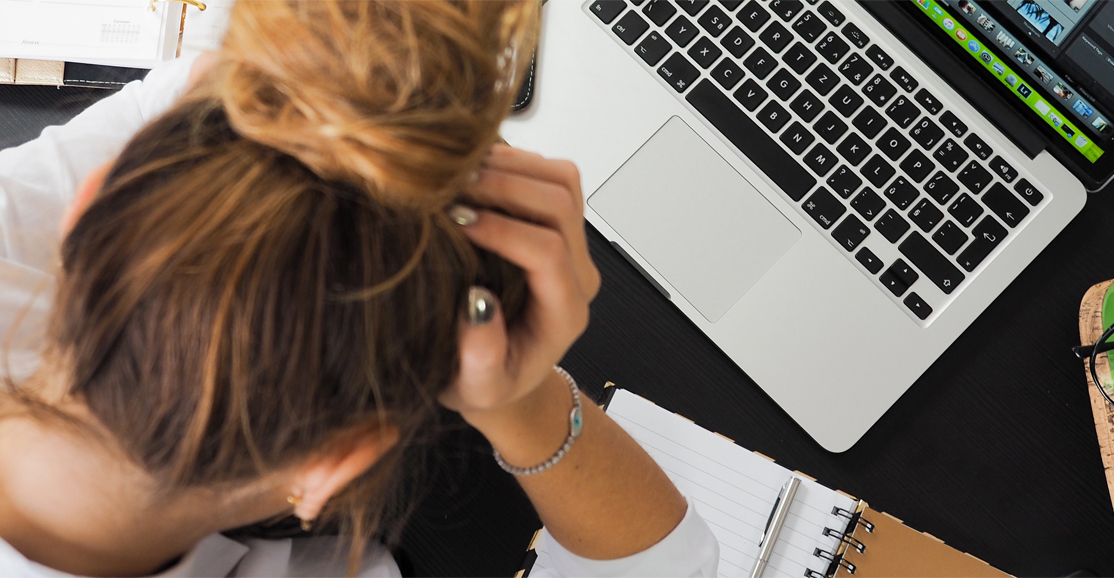There’s a collective experience of anxiety unfolding in homes across the world right now. Those anxieties will look different, depending on the circumstances each family finds itself in, and how people have been affected by this pandemic.
Helping your teenager understand that the feeling of anxiety, in general, is normal – and, in many situations, necessary – is a very important starting point.
Teens should know that anxiety is a normal reaction in times like these. Everyone is feeling it. But, also share with them that anxiety can be a very healthy emotion. Finding ways to deal with it is a key learning experience – those are critical skills to develop.
Just like going to the gym, a little healthy stress helps to build that coping muscle. Without it, we’d never progress.
Anxiety becomes more of a problem when it occurs in situations where there’s little to be worried about, or it starts to interfere in our functioning.
It’s important to help your teenager focus on aspects of the situation that they can control in order to help them manage their anxieties (i.e., hand washing, social distancing, keeping up with homework, etc.), versus the things that are out of their control (i.e., when schools will be open again).
To help manage anxiety, it’s also very important to ensure that your teenager is not spending too much time watching the news or reading articles related to COVID-19. (A little info is good. Too much info is… too much.) You may suggest that they switch their focus to ways they can help and support others right now, or offer other suggestions of positive ways to distract themselves from the constant news.
One important thing to remember: children of all ages will pick up on and take their cues from how their parents are responding to this situation, and how they are managing their own anxiety. Modeling adaptive coping strategies for your teen is important.
It’s also okay to open up a dialogue with them when you’re struggling to manage your own reaction to COVID-19. Let them know what you’ll be doing to manage and cope with your own fears.




